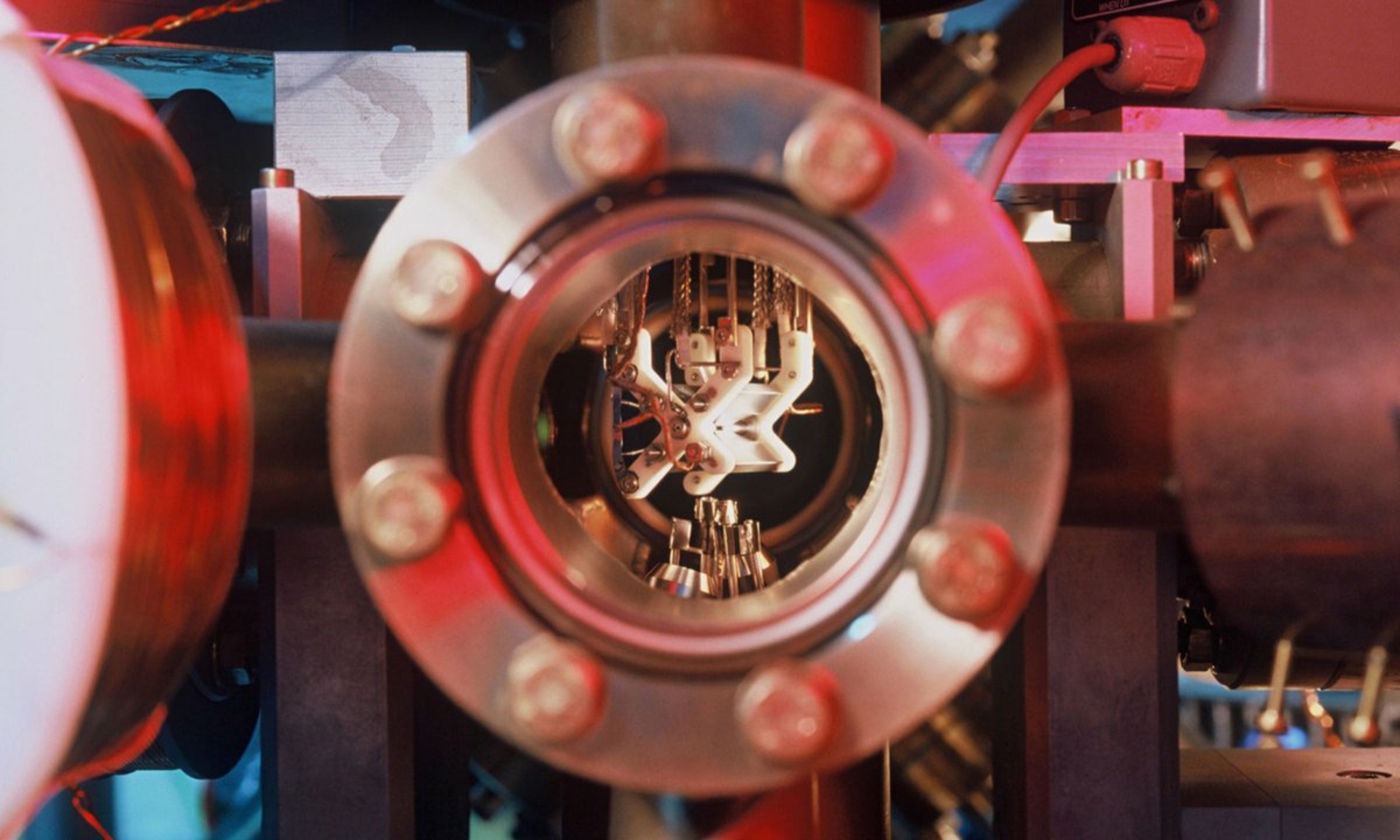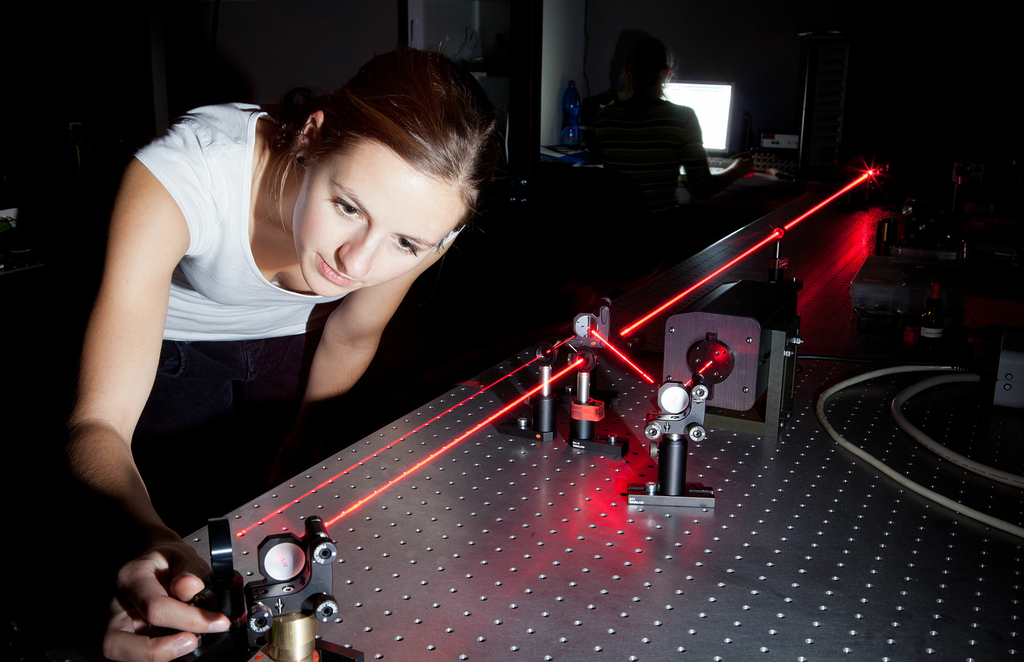The unique expertise available in Austria will be the basis for investigating outstanding fundamental questions in the three research areas of quant:
Quantum Nature of Space, Time, and Gravity (STG)
New Paradigms for Quantum Information Science (QIS)
Physics of Engineered Quantum Many-Body Systems (MBS)
These areas are strongly linked: for example, many-body correlations may significantly increase measurement capabilities such as the sensitivity to gravitational effects, while the quantum information approach to understanding many-body systems will lead to new insights into the emergence of physical theories at different scales while facilitating the practical development of complex quantum devices.
All three research areas have interesting and important open questions, of which we have selected the ones we deem most relevant and promising to outline our long-term research program. They are promising because through the recent technical developments within the consortium and elsewhere we are now in a situation to make substantial progress:
- While we are conscious of the fact that a theory of quantum gravity may remain elusive for much longer, we may soon be able to answer some of the questions in STG via experiment. Among them: How is it that our macroscopic world appears to be classical, without quantum “weirdness”, and what does “macroscopic” even mean? Are quantum physics and general relativity really incompatible and will gravity collapse quantum superpositions? Is our classical arrow of time a consequence of the quantum-classical transition or will we be able to trace it back to the quantum level after all?
- In QIS, rather than investigating the usual question of what quantum systems can do beyond the capabilities of classical ones, we will ask instead whether hybrid, distributed and multi-dimensional systems can do that no ordinary quantum processor can. The interface between QISand MBS on the other hand, will be fruitful in using its extremely efficient descriptions to describe features and properties of quantum many-body systems.
- In this spirit of pushing the limits, in MBS we will investigate how a programmable quantum simulator could lead to insights into many-body phenomena ranging from topologically ordered phases of matter to the emergence of universal dynamics out of equilibrium. Controlled simulation and learnability of unknown system parameters are two important aspects of the state-of-the-art model systems built and operated by our team.
Our long-term goal is to obtain new fundamental and breakthrough insights that might challenge what we currently know about quantum science by expanding its domain in terms of space, time, interactions, and complexity through theoretical and experimental research. In the following section we will frame this vision into concrete questions and objectives for the first five year of quant.






